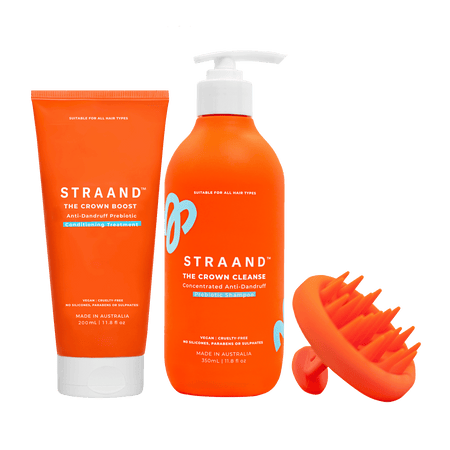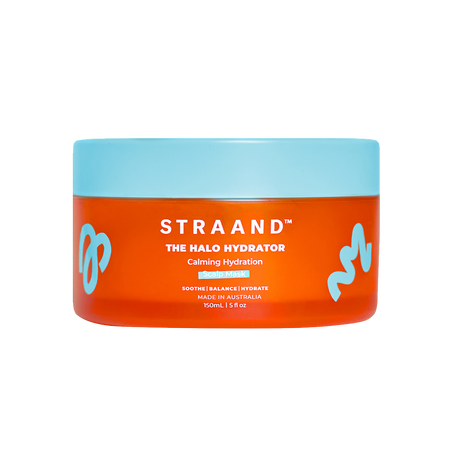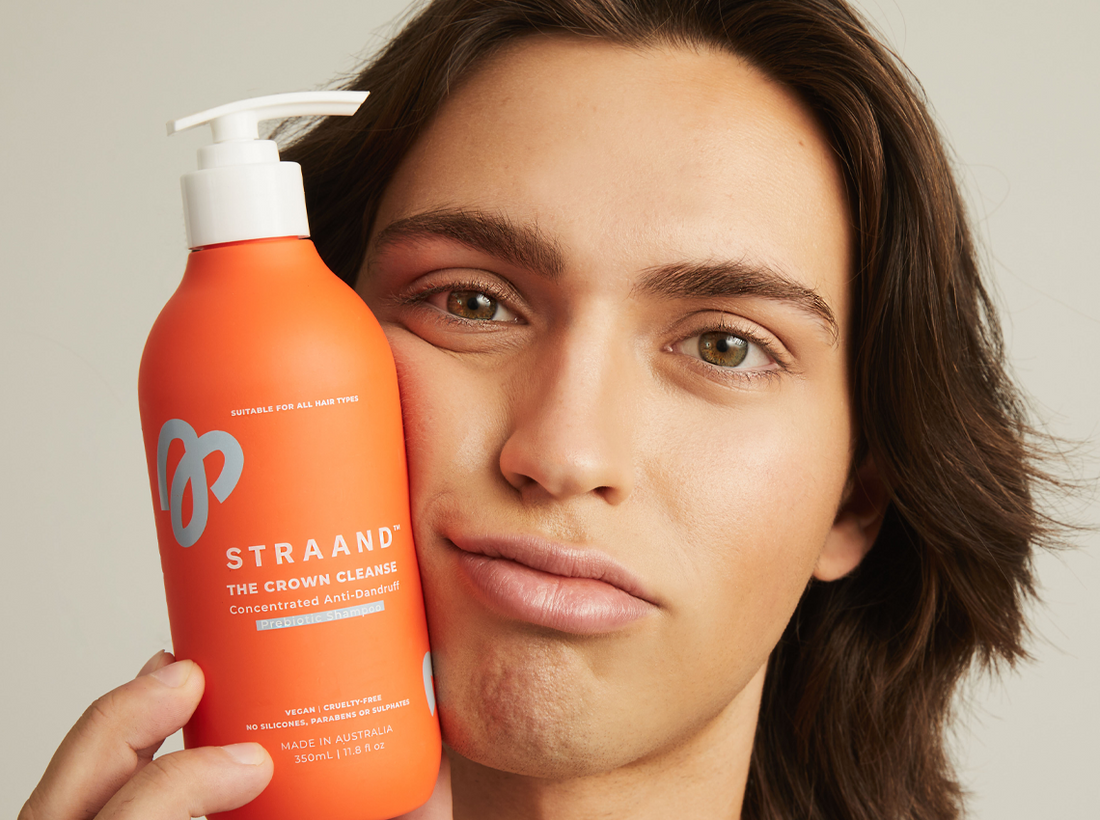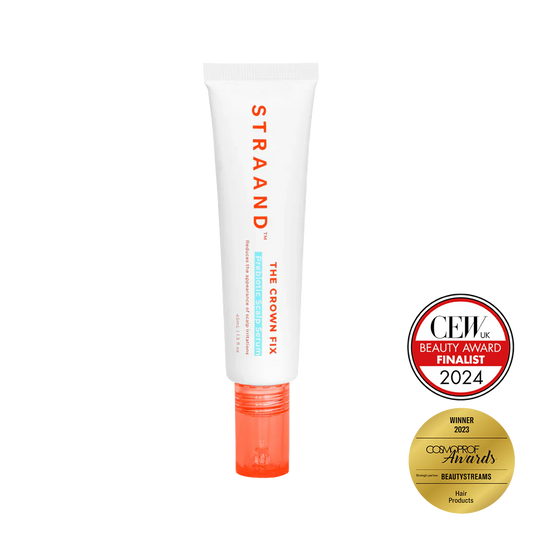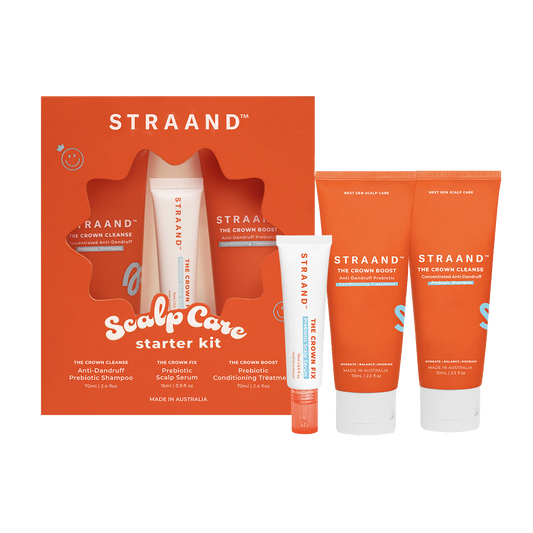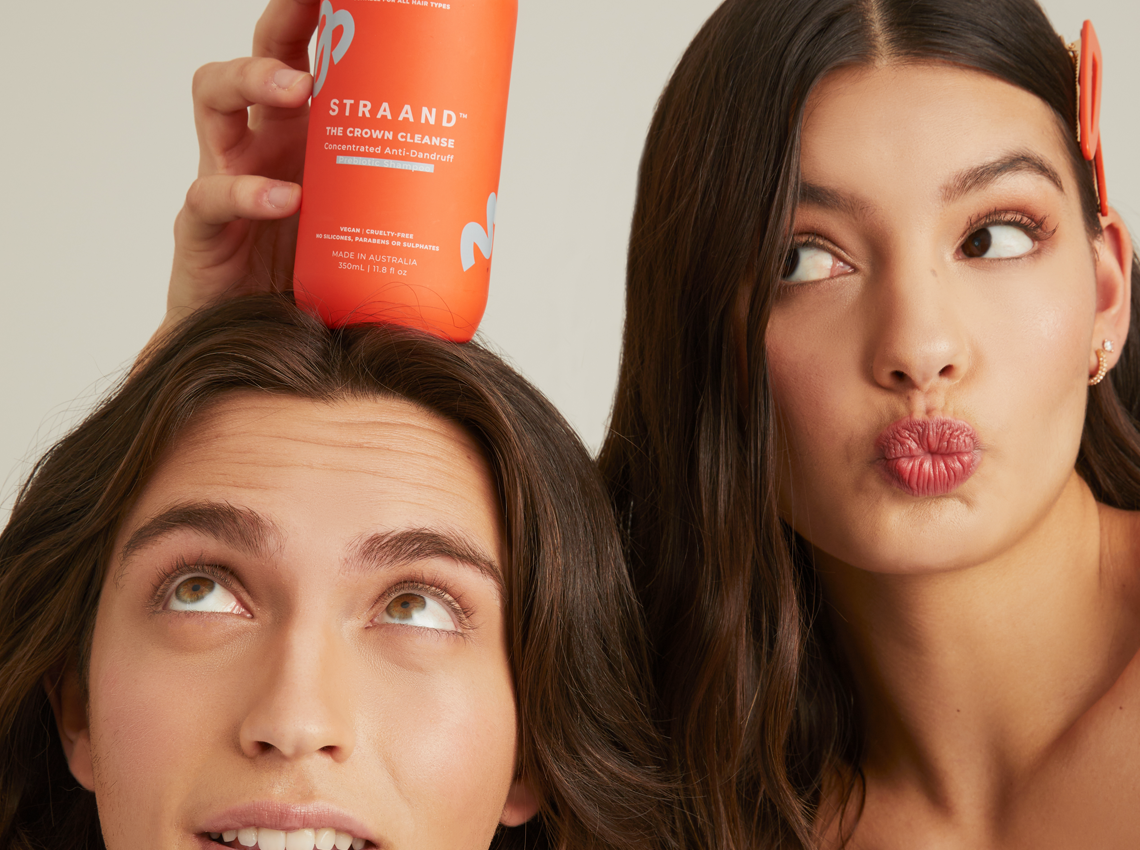Experiencing hair loss can be distressing, especially if you’re not sure why it’s happening. It also raises the question, is shampoo causing hair loss? Most of us shampoo regularly throughout the week, so is all of the scalp care actually doing more harm than good? We have good news, the short answer is that it's highly unlikely that your shampoo is causing hair loss. But, let’s discuss the relationship (or the lack of relationship) between shampoo and hair loss, explore some other causes and what you can do about it.
Why Are Shampoos Important?
The core purpose of shampoo is, unsurprisingly, to keep the hair and scalp clean. Shampooing helps to rid your scalp of dirt, oils, pollutants, hair product residue, and dry flakes — all the nasty stuff that you definitely don’t want clogging up your hair.
A regular shampoo routine can also help to alleviate symptoms of dandruff, as well as repair hair breakage or brittleness by smoothing and strengthening the hair.
Shampoo is particularly important if you have chemically dyed or coloured your hair. The right shampoo can help your hair retain its colour for longer; this means you can go longer between sessions, preventing your hair from being exposed to harsh chemicals and bleaches too regularly.
It’s pretty self-explanatory, but a shampoo routine also ensures your hair smells fresh and clean. Who doesn’t want that?
Is there a particular ingredient I should avoid?
Some research has suggested links between certain shampoo ingredients, commonly found in most commercial products, and hair loss. However, these links haven’t been scientifically proven and the research has been anecdotal.
So, which ingredients have been blamed? Namely sulphates, which are cleansing agents, and formaldehyde, which is a preservative.
While they’re not proven to cause hair loss, these chemicals, and a range of others found in shampoo, do have the potential to cause other hair issues.
Sulphate is the ingredient that causes that foaming or lathering sensation. It’s been suggested that sulphates can cause irritation on sensitive scalps, as well as remove natural oils from the hair. This can cause the hair to become weak or prone to breakage, and severely broken hair may end up looking like hair loss.
Formaldehyde is often included in products that claim to smooth or straighten the hair. Overexposure to formaldehyde can cause skin irritation, burning around the face, and in severe cases, difficulty breathing. Formaldehyde itself won’t necessarily cause hair loss, but it can cause scalp irritation which can lead to hair loss for some people.
When it comes to hair loss though, shampoos aren’t the culprit.

Causes For Hair Loss
If shampoo isn’t causing your hair loss, then what is?
There are a number of other reasons that you may be experiencing hair loss, including:
Genetics
Hereditary hair loss is usually referred to as male pattern baldness (MPB) or female pattern baldness (FPB) due to its predictable symptom presentation. It’s medical name is androgenetic alopecia, and it’s the most common cause of hair loss. MPB often begins for men in their 20s and 30s, when the hairline begins to recede in an m-shape. FPB usually begins in women after menopause, and presents as a gradual recession across the part in the hair.
Hormonal Imbalance
If the hormones in your body are a little out of whack, this can cause hair thinning or hair loss. Treating the hormone imbalance itself will usually prompt the hair to grow back. An imbalance of estrogen and testosterone may lead to hair loss, as can thyroid problems.
Certain Medical Conditions
A number of medical conditions can lead to hair loss. Anaemia, thyroid conditions, skin conditions such as psoriasis, and autoimmune diseases including polycystic ovary syndrome can all cause hair thinning.
Vitamin Or Nutrient Deficiencies
One of the most common deficiencies responsible for hair loss is Iron Deficiency. Iron promotes the production of a protein in your red blood cells that carries oxygen and nutrients to the hair follicle. Without iron, this process won’t take place, which can cause the hair to thin out or stop growing. Not getting enough Vitamin D, Zinc, and Selenium can also lead to hair loss.
Some Medications
In some cases, medications used to treat other issues can cause hair loss. This is because some drugs interrupt the cycle of hair growth. The two kinds of hair loss that medications cause are telogen effluvium and anagen effluvium. The former generally occurs within 4 months of using the medication, and causes hair follicles to fall out too early. The latter can cause people to lose 30% to 70% more hair than normal.
Stress
Stress and anxiety can also cause telogen effluvium to occur. Stress causes your hair follicles to rapidly progress to the shedding phase, so you’ll be losing more hair than normal. Extremely stressful events such as losing a loved one, severe illnesses, relationship breakdowns, surgery, or giving birth can result in hair loss. The condition usually appears within 5 months of the stressful event, and hair growth usually returns to normal once the stressful period has passed.
Hair Styling And Maintenance
There are a few different ways in which hair styling and maintenance can lead to hair loss.
- Keeping your hair up in a tight ponytail or bun all day everyday can damage the hair follicles.
- Regularly using heat tools such as straighteners and curling irons can singe and interfere with the structure of the hair.
- The chemical content in hair dyes can damage the hair. Colouring hair also involves rubbing and combing, both of which can cause hair to fall out.

Treatment For Hair Loss
When it comes to treating hair loss, the solution will depend on the cause. If your hair loss is caused by an underlying medical condition, treating that condition will usually prompt your hair to grow back. Patchy hair loss that appears due to stress may regrow over time once the stressful period has passed.
In more severe cases, hair loss may need to be treated through the use of laser therapy, a hair transplant, or certain medications.
Laser Therapy For Hair Loss
Red light laser therapy irradiates the scalp tissue with photons, which are absorbed by weakened cells. This process promotes hair growth.
Low-dose laser treatment essentially increases circulation on the scalp, prompting the follicles to grow hair.
This treatment usually takes a number of months, and is most effective in the early stages of hair loss.
Hair Transplant For Hair Loss
There are a few different transplant methods, but the procedure generally involves removing a section of the scalp that is effectively producing hair, and grafting it to a balding or thinning patch.
It can take up to nine months to see results, and this process usually works best on lighter coloured hair.
Medications For Hair Loss
Minoxidil, otherwise known as Rogaine, is a medication used to treat hair loss. It doesn’t require a prescription and usually comes in the form of a liquid, foam or shampoo. Rogaine can foster hair growth and reduce the rate of hair loss. The process will usually take six to nine months to start working.
Finasteride, or Propecia, is a hair loss pill for men. It requires a prescription and is designed to slow hair loss. It can take several months to kick in. Other oral medications include such as Carospir and Avodart.
If your hair loss is concerning you or you believe it may be occurring as a result of medication or an underlying medical condition, make an appointment with your doctor.

Main Takeaways
Rest assured, shampoo causing hair loss is not true. While it’s been suggested that some chemicals in shampoo are linked to hair loss, there is currently no evidence or research to support this.
So, keep on shampooing! A good shampoo routine will help to clean and strengthen your hair and scalp, as well as reduce excess oil build-up and soothe irritated, dry skin.
Keen to avoid loading your scalp up with nasties? Say less. We’ve created a formula that contains all the probiotics required to balance your scalp biome and keep everything healthy and clean. Our Crown Cleanse formula is free from silicones, sulphates, and parabens, and is also vegan and cruelty-free, so your scalp is only getting the good stuff.
You can explore our range of scalp and hair care products here.



